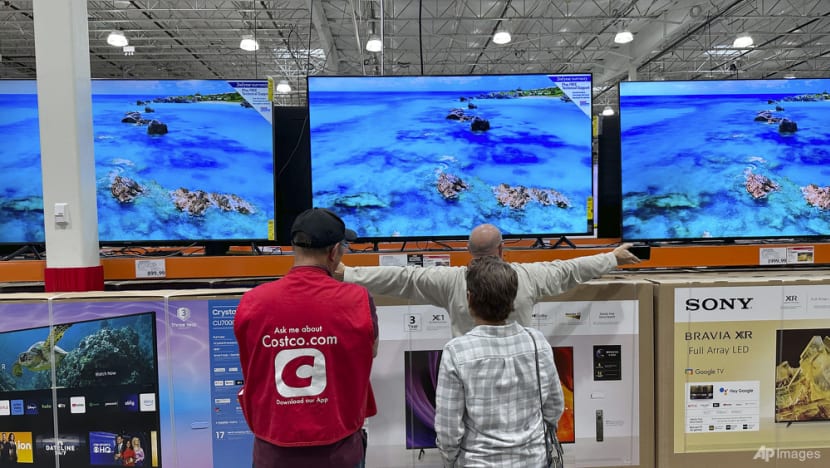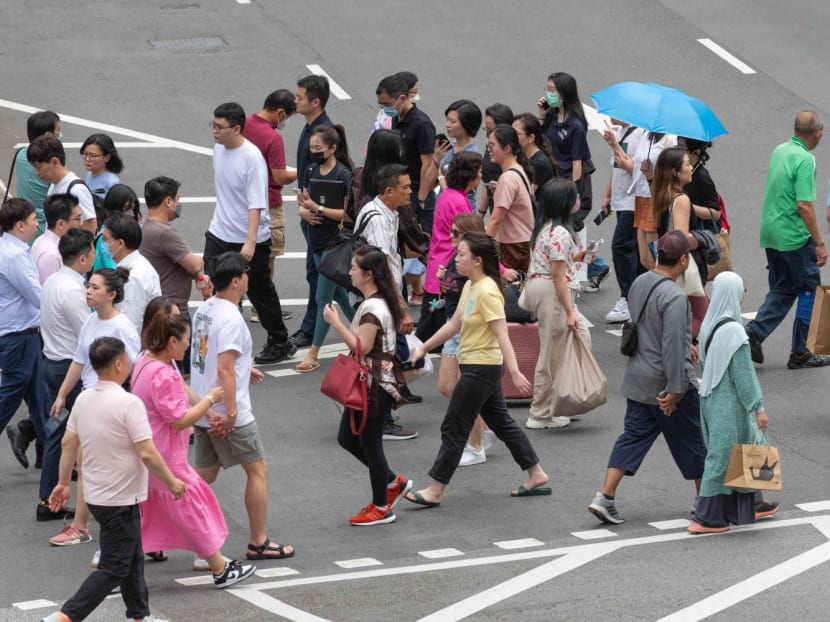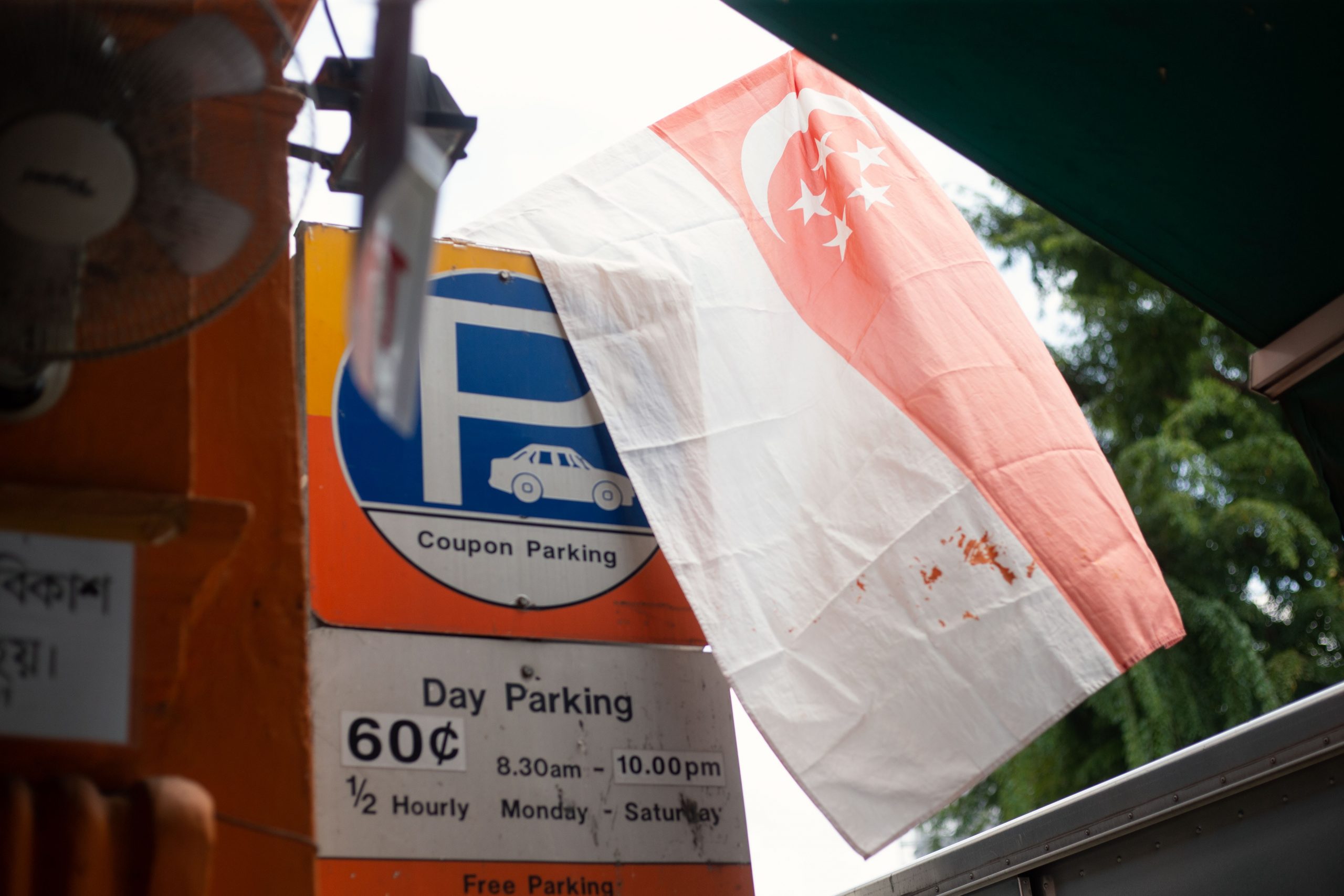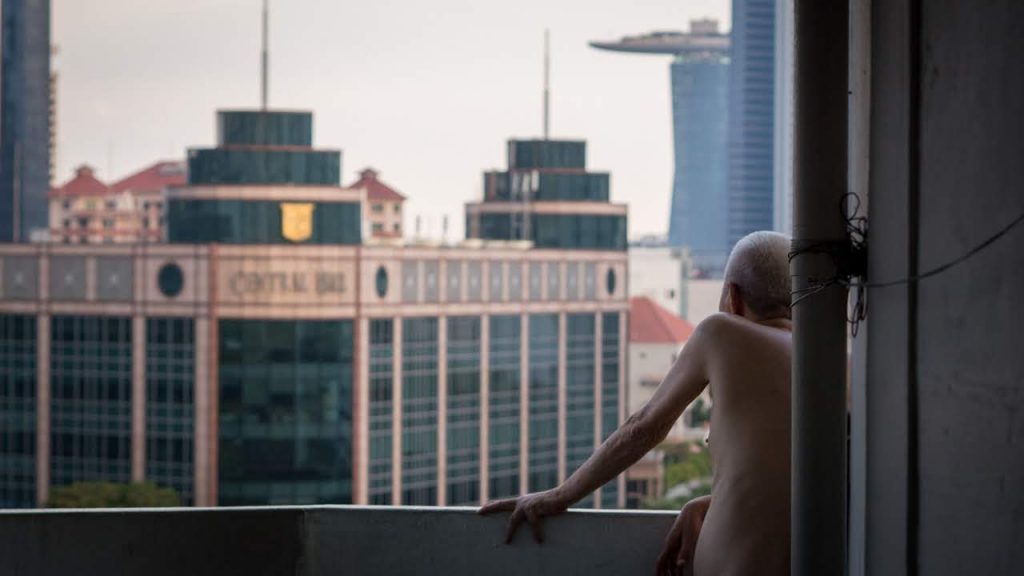The ‘5Cs’ of The Singapore Dream Are Outdated. The True ‘C’ We Need Is Change.
by
Hykel QuekNovember 3, 2023
SHARE TO
Top Image: Marisse Caine / RICE File Photo
Mastering Singapore’s coveted ‘5Cs’ checklist represents an extraordinary triumph. Only an elite few ever reach the heights of materialistic aspirations. It’s even more impressive if all the Cs are acquired within the 21st century.
Now, the journey to cash, credit card, condominium, car, and country club is much more arduous than it was before. Some of the ‘5Cs’ have become unpopular or unwise choices—even for those who can afford them.
Ride-hailing services and expensive COEs have arrested the once burgeoning demand for cars. Condominiums have met their match in
BTO flats in Prime Locations. A country club membership is a
money sink; so much so that even the well-heeled would consider twice before investing.
Deputy Prime Minister Lawrence Wong, speaking at the launch of the Forward Singapore Festival at Gardens by the Bay,
reaffirmed this belief: “From our engagements, it is also clear that the Singapore Dream is more than just material success. It is also about fulfilment, meaning, and purpose in what we do.”
The definition of success in Singapore has shifted away from the ‘5Cs’. What once captured and shaped the imaginations of young Singaporeans is now a line of thinking we’re trying to shed.
But let’s be honest, we’re going around in circles. So much so that a gambling man could confidently place a bet on what the next consensus-building report would say about what Singaporeans want for the future.
That’s not going to change unless the government takes steps to empower Singaporeans with the decision to place self-fulfilment and purpose as a priority in their lives.
5Cs, Gotta Catch Them All
The ‘5Cs’, a convenient acronym to encompass the (old) Singapore dream, has now taken a back seat. But status symbols were not always all bad.
Singaporeans worked hard in the pursuit of elusive status symbols. They needed something to justify and motivate their industriousness. Harping on the ‘5Cs’ was an effective rallying cry.
When incomes increased, houses upgraded, and private cars became their main mode of transport, social mobility was
tangible. In a meritocracy, a car also meant much more than a more convenient way to get around.
Besides the fact that you don’t have to take the MRT, that swanky new Honda Civic also symbolises—simplistically, I might add—the hard work behind it. In a country like ours, hard work begets praise and validation.
On the other hand, the nation’s strong macroeconomic performance was delivered on the backs of Singaporeans looking to move up the social ladder quickly. To Singaporeans, the government kept its promises of social mobility through the value of hard work.
In a budding nation-state with few resources, the ‘5Cs’ were an expedient tool for building the economy back then. But times have changed. In a
2015 report by the Ministry of Finance, the ministry acknowledged that “it will be an increasing challenge to sustain such mobility in the future.”
Image: Zachary Tang / RICE File Photo
Can the ‘5Cs’ Ever Keep Up With the Times?
Don’t get us wrong; what we’re seeing now is a positive step forward. It’s great that Singapore’s PM-in-waiting, Deputy Prime Minister Lawrence Wong, fully recognises fulfilment and purpose taking centre stage in Singaporeans’ lives.
But recognition is the first step in a long journey. Such recognition obscures the fact that some Singaporeans have, quite possibly, given up on chasing the ‘5Cs’ altogether because these status symbols are much more difficult to achieve now.
Perhaps these Singaporeans still envision a future where they can drive from their condo to the nearest hawker centre for lunch. At the same time, they also accept that these dreams are just that—
dreams.
It also skillfully obscures some segments of Singapore society. For Singaporeans in financial precarity, they could rally around the ‘5Cs’ or its broadly defined values simply because money is important to them at this juncture of their lives.
Sometimes, materialistic aspirations and self-fulfilment are not trade-offs. Instead, they’re one and the same—financial achievement can be a form of personal self-actualisation. In some ways, seeing material success and self-fulfilment as opposites speaks to a form of privilege.
It’s why the ‘5Cs’ concept riles up a range of sentiments. For those who’ve made it, the ‘5Cs’ is a status symbol which embodies their self-determination. Through this singular lens, Singaporeans who’ve fallen behind (or have yet to obtain the ‘5Cs’) are seen as deserving of their place. This is, of course, an unfair perception to make.
For others, however, the ‘5Cs’ remain a standard for Singaporeans to aspire to. You might not even desire the status symbols, but at the very least, they’re strong motivators for hard work. Take it as the baby boomer predecessor to today’s ‘hustle culture’ and ‘grindset’.







